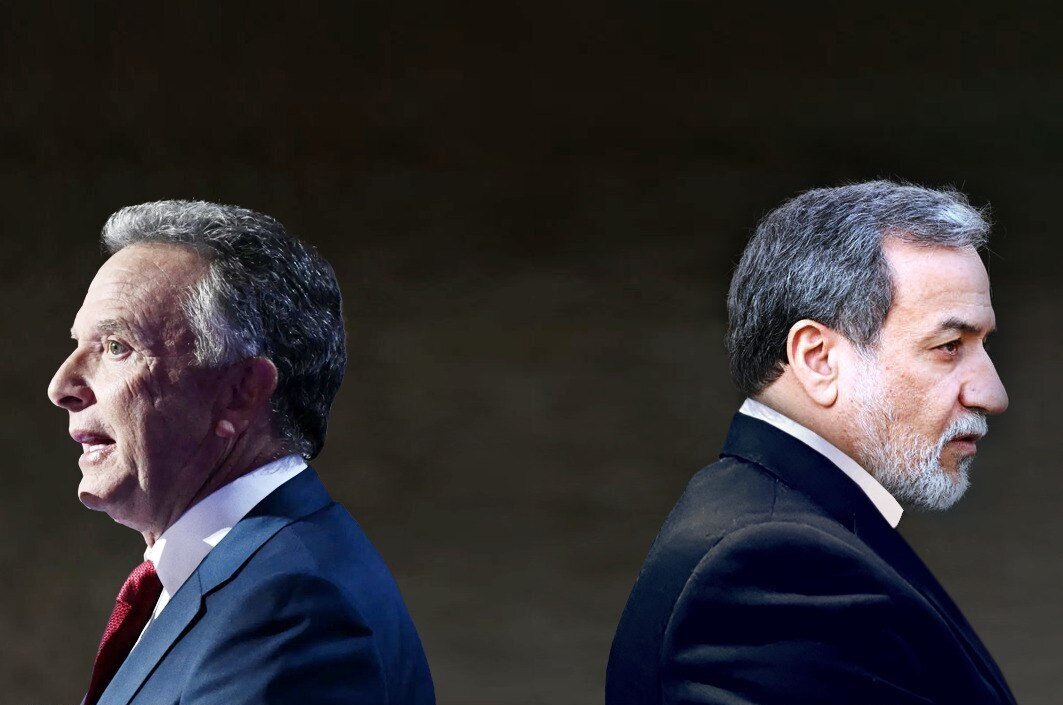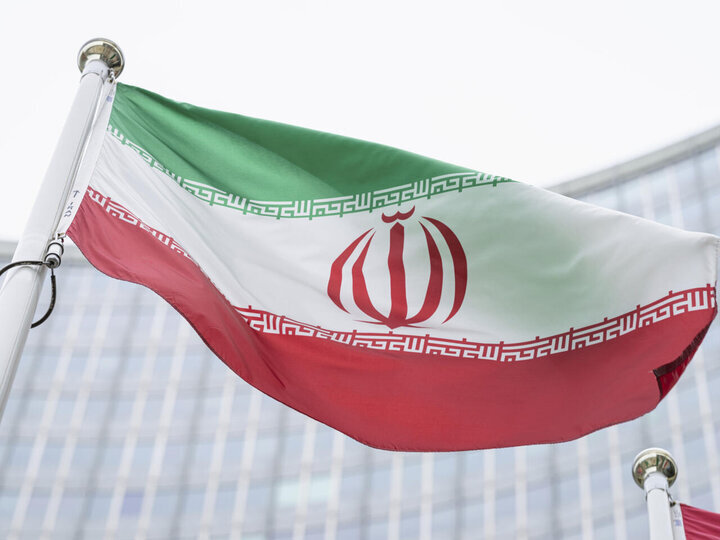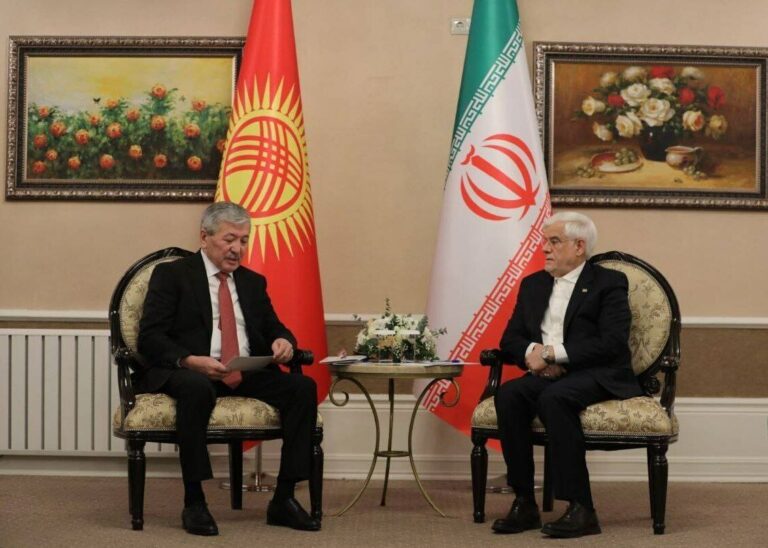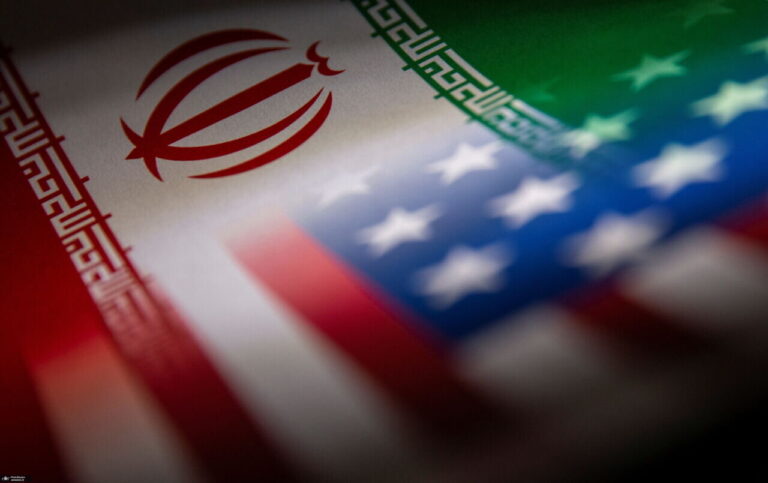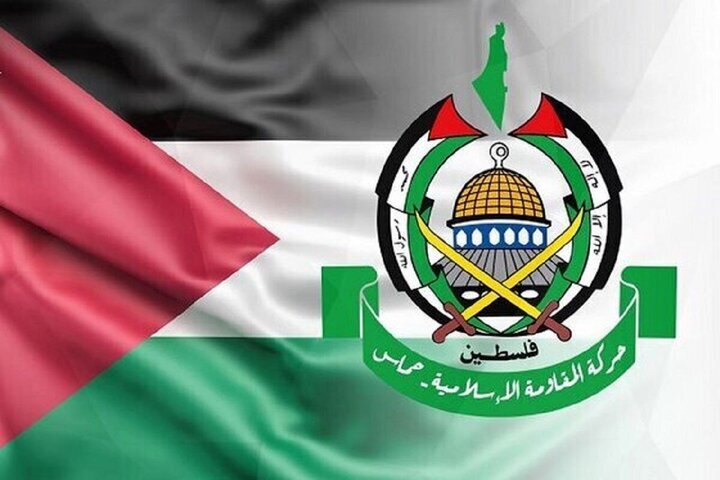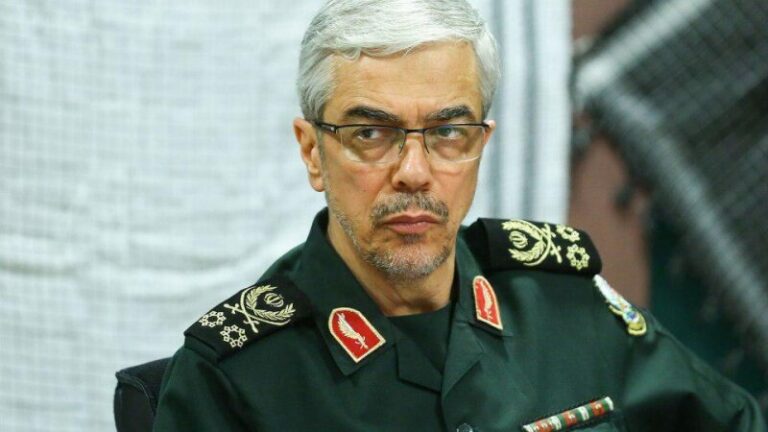Iran-US Talks: New Insights Unveiled in Latest Iranian Report
The upcoming indirect negotiations between Iran and the United States are set to take place in Muscat, the capital of Oman. This meeting marks a significant moment in international diplomacy, as both delegations aim to foster dialogue and understanding amid ongoing tensions. According to reports from Tasnim News Agency, the discussions will begin after a meeting with the Omani Foreign Minister, who will act as an intermediary.
On Saturday, both the Iranian and American delegations are expected to arrive in Muscat before noon. The Iranian delegation will be led by Foreign Minister Seyyed Abbas Araqchi, while the American side will be headed by Steve Witkoff, the United States Special Envoy to the Middle East. This meeting is crucial as it seeks to address various issues that have strained relations between the two nations.
Here are some key points regarding the upcoming negotiations:
- Location: Muscat, Oman
- Iranian Delegation Leader: Seyyed Abbas Araqchi
- American Delegation Leader: Steve Witkoff
- Role of Omani Foreign Minister: Intermediary in the negotiations
- Focus: Indirect negotiations to assess intentions and resolve issues
According to the latest updates, there has been speculation regarding whether Witkoff would travel to Oman if direct negotiations were not on the table. However, the Tasnim report noted, “The rumor that Whitaker will not travel to Oman if direct negotiations are not held has not been confirmed by any source so far.” This statement highlights the uncertainty surrounding the outcomes of diplomatic engagements.
In a related statement made earlier on social media platform X, the Iranian foreign ministry’s spokesperson emphasized the importance of giving diplomacy a genuine chance. “In earnest and with candid vigilance, we are giving diplomacy a genuine chance,” he stated. This reflects Iran’s commitment to engaging in discussions and exploring potential resolutions.
The spokesperson further remarked, “US should value this decision formed despite their prevailing confrontational hoopla.” This comment underscores the complexities of the diplomatic landscape and the need for both sides to approach negotiations with sincerity and openness.
As the meeting approaches, the Iranian diplomat shared insights into their approach to the negotiations: “We don’t prejudge, we don’t predict. We intend to assess the other side’s intent and resolve this Saturday.” This statement indicates a willingness to evaluate the situation without preconceived notions, allowing room for constructive dialogue.
Additionally, the diplomat mentioned, “We shall reflect and respond accordingly.” This signifies a thoughtful approach towards the negotiations, highlighting the importance of adaptability and responsiveness in diplomatic discussions.
The engagement in Oman is viewed as a crucial step in potentially thawing the icy relations between Iran and the United States. As both parties prepare for these indirect negotiations, the international community watches closely, hopeful for progress and resolution.
In conclusion, the upcoming negotiations in Muscat represent a pivotal moment in Iranian-American relations. With both sides poised to engage in dialogue, the outcome of these discussions could have significant implications for regional stability and international diplomacy. As we await further developments, the emphasis on diplomacy and communication remains paramount in fostering a better understanding between the two nations.
In the realm of international relations, such meetings are often laden with expectations and hopes for a peaceful resolution. Only time will tell if these indirect negotiations will pave the way for a more constructive relationship between Iran and the United States.
